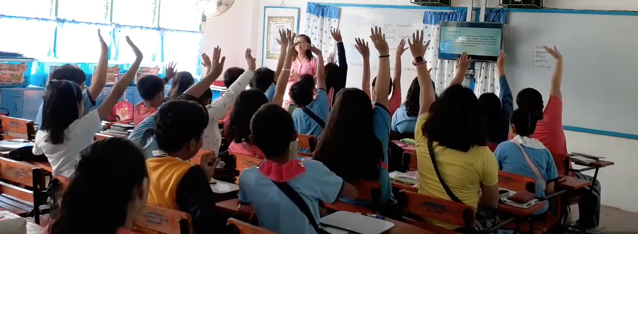
Curriculum development and review
Publication Date
3-2020
Subjects
Generic skills, Cognitive processes, Knowledge, Abstract reasoning, Decision making, Student assessment, Frameworks, Primary secondary education, Philippines
Abstract
An analysis of 21st Century Skills integration in the Philippines was designed to support the Philippines identify a strategy for assessment, teaching, and learning of 21st century skills (21CS). This project identified and built on a number of recent studies and country initiatives that have highlighted the need for different approaches to the integration of 21CS. This project had three overarching aims: 1. To identify best practices on the use of classroom-level teaching strategies of 21CS to support learning 2. To build in-country capacity to understand, identify, and observe the skills at classroom level 3. To develop a Strategic Road Map describing how to build capacity, and how the Department of Education (DepEd) and key stakeholders can effectively engage with 21CS initiatives. This project particularly focused on the skills of problem solving, critical thinking, and collaboration in English and Science subjects across Grades 4, 6, 8 and 10 but it is based upon a model designed for scaling horizontally and vertically.
Recommended Citation
Scoular, C. (2020). Analysis of 21st century skills integration as applied in the Philippines K to 12 program. Final report. Australian Council for Educational Research (ACER). https://research.acer.edu.au/curriculumdevelopment/1
Copyright Statement
Copyright Australian Council for Educational Research 2020
Place of Publication
Melbourne, Australia
Publisher
Australian Council for Educational Research (ACER)
ISBN
978-1-74286-603-1
Geographic Subject
Philippines
Included in
Curriculum and Instruction Commons, Educational Assessment, Evaluation, and Research Commons, International and Comparative Education Commons


Comments
Commissioned by UNICEF and the Department of Education Philippines
ACER acknowledges and appreciates the support of Esther Care of The Brookings Institution for her inputs in this project. Particular thanks is also given to ACTRC-FIDS for their in-country logistical and research support in the Philippines.